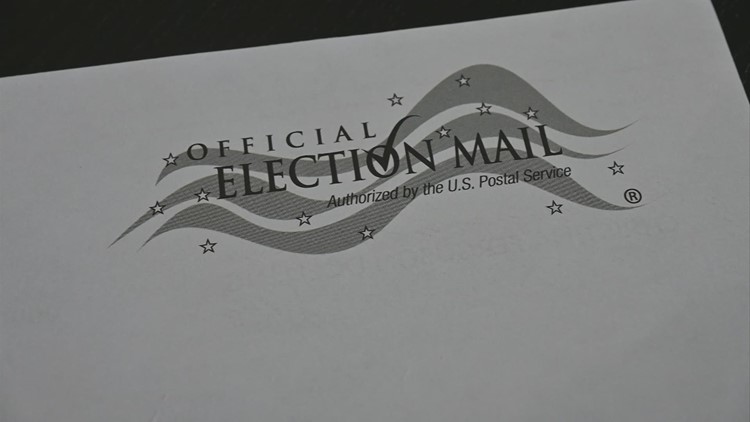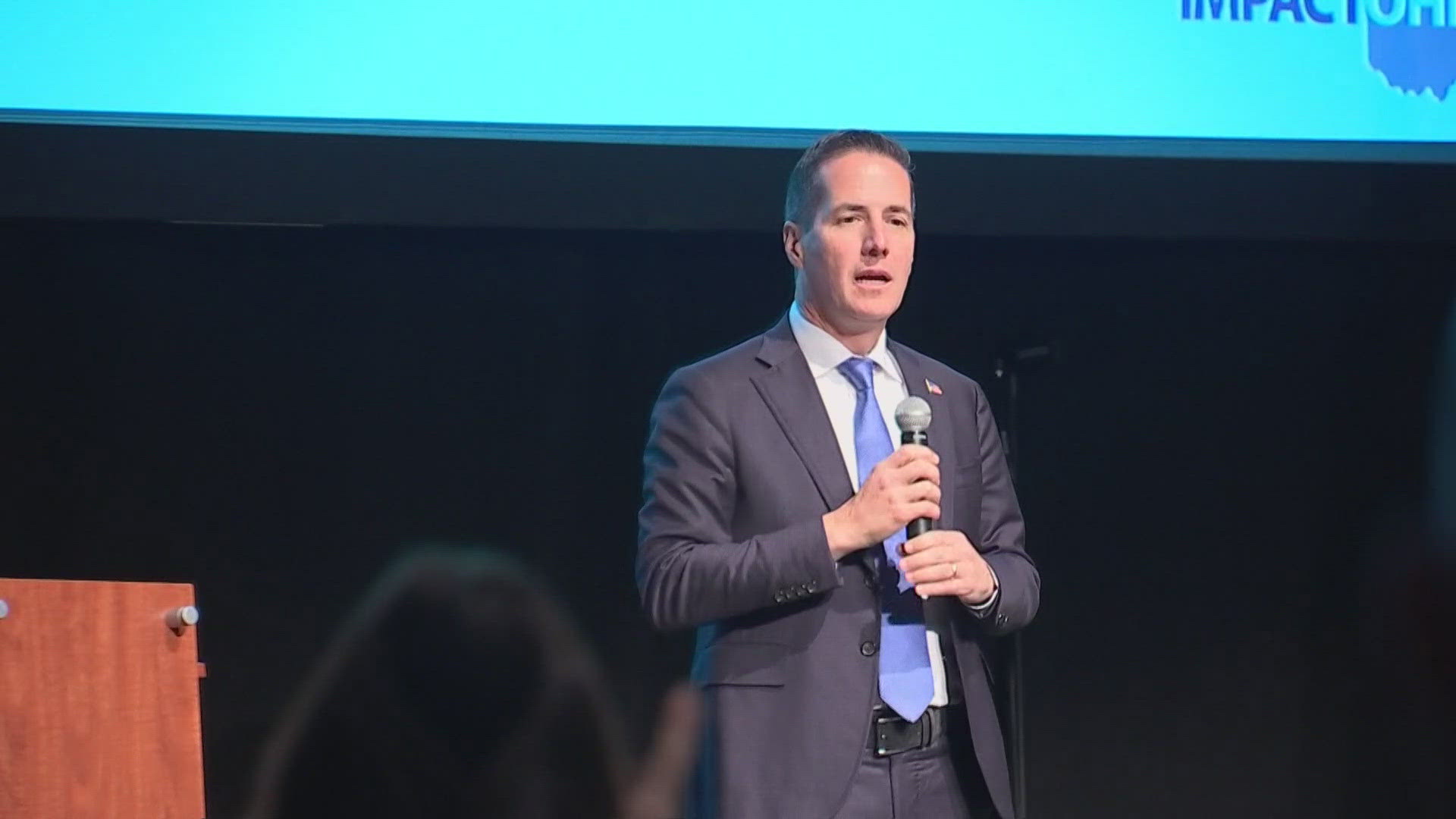COLUMBUS, Ohio — The signature-matching requirement for ballots and ballot applications in Ohio are burdensome to voters, but changing the process close to the election could be “particularly damaging," a federal judge has ruled.
U.S. District Judge Michael H. Watson sided Sunday with Republican Secretary of State Frank LaRose when he ruled that LaRose's July directive ensures integrity in the state’s election procedures.
“Some public officials have unfortunately regularly cast doubt on the security and legitimacy of voting by mail,” Watson wrote in his rejection of a preliminary injunction. “A federal court enjoining part of the State’s procedure for maintaining the security of mail-in voting in the weeks leading up to the election could further undermine public confidence in elections.”
He wrote, “Changing the rules regarding verification of signatures on ballots at this time would be particularly damaging.”
The ruling is the latest back-and-forth between LaRose and voting rights advocates in the presidential battleground of Ohio as the procedures for election safety and mail-in voting endures as a point contention while the nation readies to vote in the middle of a pandemic.
The League of Women Voters of Ohio, the A. Philip Randolph Institute of Ohio and two Ohio voters whose primary ballots didn’t count because of mismatched signatures brought on the lawsuit in July, arguing the state's signature-matching requirement is unconstitutional and further disenfranchises thousands of eligible voters in Ohio.
The litigation had cited a December review by The Associated Press that found thousands of ballot applications across the state were held up or denied ahead of the 2018 general election because of missing or mismatched signatures.
Jen Miller, the Ohio league’s executive director, said the organization is in the process of reviewing the Sunday ruling with their legal team.
“While we are disappointed in the outcome, we do agree with the judge's finding that Ohio's signature matching protocols are burdensome on voters, but we will continue to work for more uniform and less subjective practices across all 88 counties,” Miller said in a statement.



